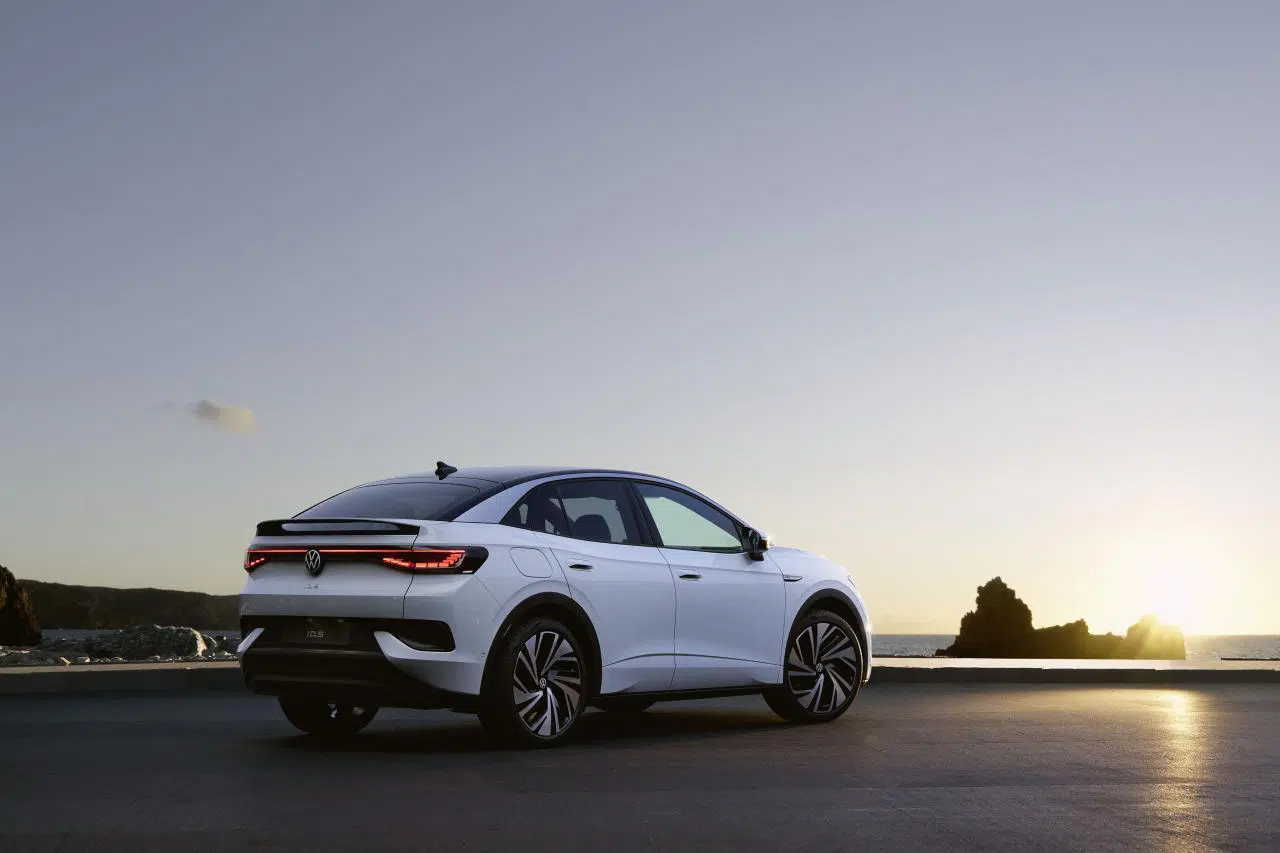Volkswagen: "We want to be the leader in cell technology".
The Volkswagen Group is fully committed to the electric drive.
Group Board Member for Technology at Volkswagen AG and CEO of Volkswagen Group Components Thomas Schmall is responsible for key parts of this task of transforming one of the world's largest car manufacturers with the Battery, Charging Infrastructure and Vehicle Components divisions. In an article in Porsche Consulting Magazine, Schmall and VW provide some detailed insights into this endeavour.
The independently organised Volkswagen Group Components division, with 75,000 employees at 45 locations worldwide, is considered a core element of the group. In addition to classic vehicle parts such as gearboxes, engines and cast raw parts, the division, known internally simply as "Components", now also manufactures some things that are important for the age of electromobility, such as battery systems and drives for e-vehicles, and also shapes other future topics such as the charging infrastructure and the integration of electric cars into the power grid.
According to the report, one of the currently most important areas is the overall responsibility for the new battery business field along the entire value chain, which is to lead to a raw material cycle: From raw material processing to the development and production of a uniform cell format to the management of the six planned European gigafactories, as well as business models for used vehicle batteries and recycling.
Thomas Schmall, a member of the board of management responsible for technology, says that the group "prefers to focus fully on the new topics" rather than "idly wait and see how long you can still survive with the old ones". For Volkswagen, electromobility is the future of the automobile and a journey without a turning point, which must not fail under any circumstances. The transformation within the Components Division requires radical changes: New know-how and new business fields have to be built up, the international plants have to be gradually converted and efficiently networked, and the workforces have to be retrained for the e-world. In 2025, a good half of the component employees will be employed in e-mobility, according to Schmall.
